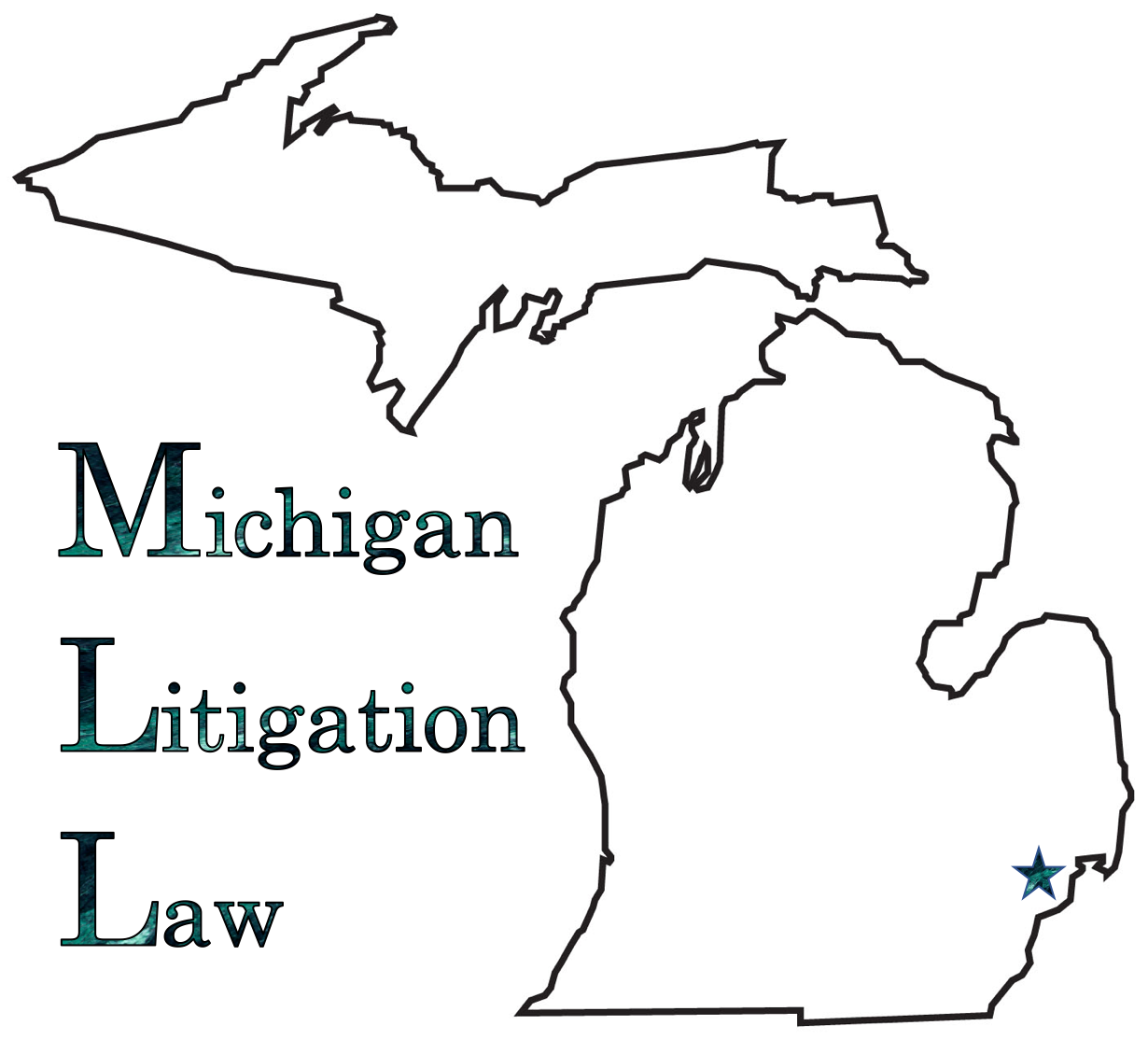What are Proper Discharge Procedures?
It is unwise for employers to handle employee discharges on an ad hoc basis. Supervisors and managers should never be allowed to terminate an employee “on the spot.” At least one other higher-level supervisor should review the factors involved in the termination to confirm that rules and procedures have been followed appropriately and that the termination is consistent with employer actions in prior similar situations.
The courts are generally trimming back well-established statutory and common-law employer immunities for adverse employment actions. See, e.g., Feyz v Mercy Mem’l Hosp, 475 Mich 663, 719 NW2d 1 (2006) (rejecting doctrine of judicial nonintervention in hospital staffing decisions and holding that peer review statute does not provide absolute immunity or preclude claims for acts in violation of civil rights statutes).
Involuntary terminations should flow through an established and uniformly implemented disciplinary program. Defuse any highly charged situation, and allow objective emotion-free thinking to weigh in before moving forward with a termination. The primary challenge for the employer is to avoid mistakes; specify any facts or circumstances that would justify making an exception to the standard procedure.
How to Implement Performance Appraisals?
Must have an effective performance appraisal system.
The employer should rigidly observe well-established industry standards and rules.
Without careful attention to detail and thorough fact investigations, even the most carefully thought-out appraisal system can be effectively challenged by claims of irrational and capricious decision-making.
Alternatively, distinctions on the basis of race, age, gender, or handicap may be used to attack the validity of the appraisal process.
Compliance with industry standards is not an absolute guarantee of a successful defense against such claims, but it is an important step in that direction.
How to Create Rules of Conduct and Behavior?
Employers should have well-defined procedures for managing behavioral problems. Work rules and standards should be adopted and published.
There are a number of principles, well established in the workplace, that should and usually do govern the creation of work rules. These basic principles include the following rights and duties:
treat others with dignity and respect,
show honesty and trustworthiness,
handle company property carefully and keep it safe,
use employee time carefully and wisely,
do not abuse the privileges and benefits given by the employer,
inform the employer of faulty equipment or problem employees,
deliver continuous and proper performance of work, even when the supervisor is not present,
show respect for and compliance with the chain of command, and
represent the employer positively, on and off the job.
Beware, however, that under the National Labor Relations Board (NLRB) decision in Martin Luther Mem’l Home, Inc, 343 NLRB 646 (2004), the mere maintenance of a work rule may violate §8(a)(1), 29 USC 158(a)(1), of the National Labor Relations Act (NLRA) if the rule has a chilling effect on employees’ Section 7 activity.

